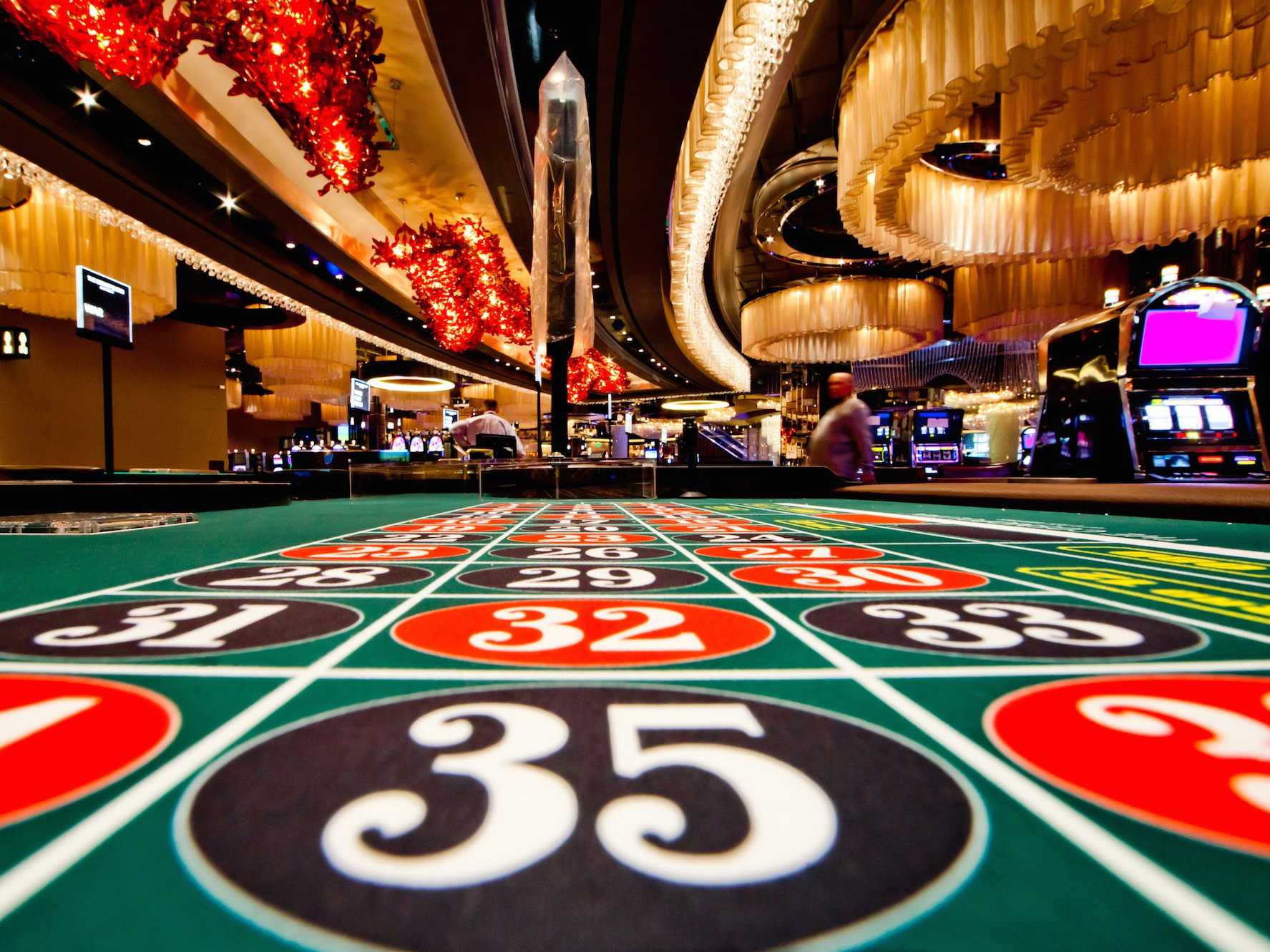
Betting has been an essential part of human recreation for thousands of years, developing through cultures and eras to become the exciting casino games we know today. From the ancient Chinese and Romans, who participated in different forms of betting and luck, to the advanced gaming floors of contemporary casinos, the allure of risk and reward has captivated individuals across the globe. The transition from simple dice games and rudimentary betting setups to the lavish environments of modern casinos reflects major strides in both cultural standards and technological advancements.
As societies evolved, so too did the complexity of gambling activities, with gambling activities emerging as a separate category of leisure and thrills. These games have transformed from casual gatherings centered around wooden tables to expansive, opulent establishments designed to attract players. Today, we delve into this fascinating journey, studying how traditional practices laid the groundwork for the diverse and thrilling casino games that bring pleasure to millions worldwide.
spintax
Historical Betting Practices
Gambling has significant roots in human past, with evidence of activities of chance dating back to ancient societies. Archaeologists have found that as far back as 3000 BC, the Chinese were using rudimentary forms of betting with dice made from bones. Similarly, ancient cultures of Mesopotamia engaged in wagering activities, often relying on the throwing of lots or dice to determine results. These early forms of betting served not only as entertainment but also played important roles in social and cultural customs.
The Egyptians also were involved in gambling activities, with games that included betting on the outcomes of various occurrences, including sports and religious festivals. Artifacts such as dice and depictions of gamblers from ancient tombs show that gambling was a common pastime. It provided both relaxation and a means of engaging in social connections, often linked to joyful occasions or significant gatherings. This activity demonstrated the universal appeal of chance and competition throughout history.
In ancient Rome, betting became a commonplace practice among the people, as shown in references in texts and the establishment of rules around certain activities. Romans enjoyed a variety of gambling activities, from wagering on horse races to playing games similar to modern-day board games. The legal framework surrounding these activities began to take shape, establishing the foundations for gambling regulations that would evolve in the centuries to come. The prevalence of gambling during this period set the stage for the development of gambling house games in the future.
The Evolution of Gambling Games
Casino games have undergone notable transformations from their beginnings to the modern-day entertainment selections. In early civilizations, gaming was often connected to ceremonial practices, with games of dice found in the ancient Mesopotamian region and wagering on the outcomes of events in old Rome. These early forms of gambling laid the foundation for the organized games we see today. The change from informal gambling to regulated games took place as societies began establishing rules and venues for wagering, demonstrating cultural values and practices.
The medieval period saw the emergence of card games, which gained popularity among European nobility. https://shbet.asia/ Games like primero and baccarat became staples in social gatherings. The creation of printing technology further aided the spread of playing cards, making them more reachable to the common people. As gambling houses began to increase, these card games evolved into variations that catered to wider audiences, eventually leading to the establishment of casinos as exclusive venues for gaming.
The twentieth century marked a crucial point in the development of casino games, with the growth of commercial casinos in Vegas and other gambling hotspots. This era brought forth games like slot machines and modern variations of table games, complete with sophisticated graphics and intricate betting structures. The arrival of online casinos in the tail end of the 1990s further changed the gaming industry, allowing players to access a great variety of casino games from the comfort of their homes. Today, casino games go on to evolve, blending time-honored elements with advanced technology to create immersive experiences for players globally.
Contemporary Gambling Regulations
In the past few years, the environment of gaming laws has changed substantially, particularly as technology and online gambling have become increasingly prevalent. Governments around the world have introduced multiple laws and guidelines to make certain that gaming activities are performed equally, responsibly, and transparently. These regulations often cover factors such as permits, advertising, gambler safeguards, and responsible gambling measures. Authorities aim to mitigate issues such as gambling addiction and fraudulent activities while promoting a just gaming environment.
The growth of internet gambling sites has created a need for a fresh approach to oversight. Many legal areas have created specific internet-based gambling frameworks that serve online gambling, enabling operators to offer their services legally. These structures often require operators to secure licenses, follow strict security protocols, and provide assistance options to assist players. By closely supervising internet activities, authorities can more effectively protect players from potential harm and make sure that gaming is carried out in a secure manner.
Furthermore, contemporary gaming regulations are increasingly concentrating on responsible gaming initiatives. Many casinos and internet-based sites now implement features such as self-exclusion, deposit limits, and time-outs to help players manage their gaming habits. Educational campaigns aimed at educating about the risks of gaming are also frequent. As the industry continues to expand, the emphasis on sensible gaming continues to be a cornerstone of regulatory efforts, reflecting a dedication to promoting a safe and pleasant gaming experience for all players.